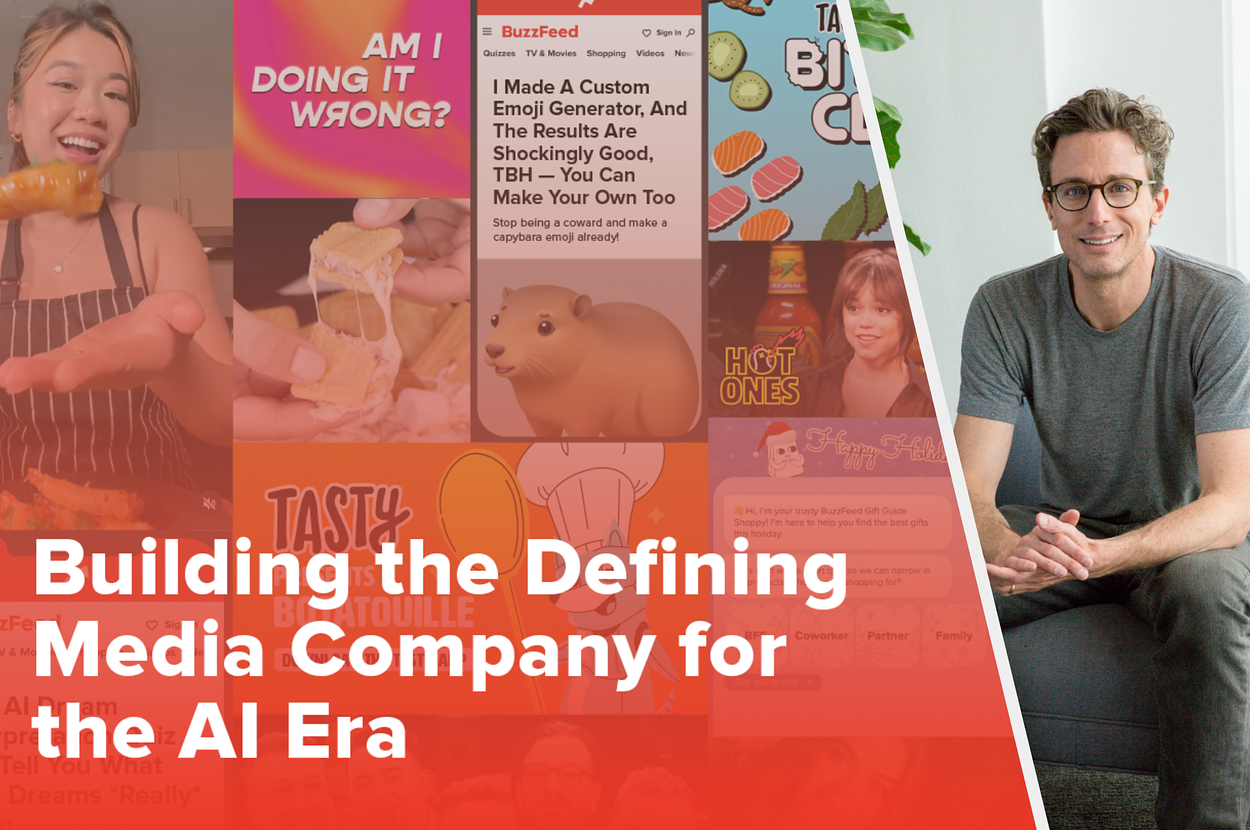Journalist Hilke Schellmann explores the influence of artificial intelligence (AI) on recruitment, supervision, advancement, and dismissal in her publication “The Algorithm.”
In her book, Schellmann scrutinizes the validity of AI and its growing integration into the labor force.
As an Emmy Award-winning investigative journalist and associate professor of journalism at New York University, Schellmann assesses the impact of artificial intelligence on hiring choices and urges hiring managers to exercise caution when utilizing these systems.
She recently engaged in a discussion with ABC News Live regarding her groundbreaking work.
ABC NEWS LIVE: It’s becoming increasingly common for businesses of all sizes to utilize artificial intelligence tools and software to make decisions that were traditionally within the purview of HR departments. Hilke Schellmann, an Emmy-winning investigative journalist and media professor at NYU, is here with us. Her latest book, “The Algorithm: How AI Decides Who Gets Hired, Monitored, Promoted, and Fired, and Why We Need to Fight Back Now,” delves into these seemingly automated tools that could potentially be excluding current and prospective employees based on questionable criteria. Hilke, your book sheds light on the impact of AI on individuals’ lives. This is bound to raise many eyebrows. So, could you elaborate on the tools companies use and why they warrant scrutiny?
HILKE SCHELLMANN: Certainly. It’s evident that most Fortune 500 companies employ AI in their recruitment processes. We commonly encounter this with résumé scanners. Moreover, there’s often a CV parser that categorizes resumes into ‘yes’ and ‘no’ piles for applicants on major job platforms or company websites.
Additionally, we’ve witnessed a surge in one-way video interviews, where candidates respond to pre-recorded prompts without an interviewer present. Furthermore, there are video games that job seekers are asked to play to assess their traits and competencies, providing insights into their suitability for a role.
This trend has intensified during the recent crisis. Companies are inundated with countless applications, leading them to believe that a technical fix is necessary. I’ve heard from numerous career experts who have identified biases in these tools, advising companies against their use, yet some companies persist. Unfortunately, many of these resources do more harm than good.
ABC NEWS LIVE: We’re keen to learn about the intriguing experiments you conducted using a specific tool that claims to evaluate personality and job fit based on voice samples. Could you share more about that test and its surprising results?
SCHELLMANN: Certainly. In this scenario, participants were required to respond to various prompts and provide a self-portrait. This raises concerns about individuals with speech impairments or accents. How does the AI tool fairly assess their speech when transcribing it into text? To investigate, I tested the tool by speaking German and reciting a passage on science from Wikipedia. The tool inaccurately assessed my qualifications for a job based on a nonsensical English translation of my German speech. This raises significant concerns as these decisions have far-reaching implications on who secures employment and why.
ABC NEWS LIVE: It’s evident that the current state of knowledge isn’t flawless. You’ve dedicated five years to researching this topic, engaging with job seekers, companies, and journalists. What steps are necessary to ensure the ethical and reliable use of AI in human resources?
SCHELLMANN: There must be critical inquiries, particularly directed at the engineers behind these tools. Questions about accuracy and the rationale behind decisions need to be addressed. Often, even the creators of these tools lack insight due to the unsupervised nature of AI models. This lack of transparency and explainability poses a significant challenge. It’s essential to have mechanisms in place where individuals can justify their advancement in the hiring process.
ABC NEWS LIVE: Hilke Schellmann, this is a captivating subject that will likely remain relevant for a long time. Thank you for sharing your insights with us today.
SCHELLMANN: Thank you for having me.










